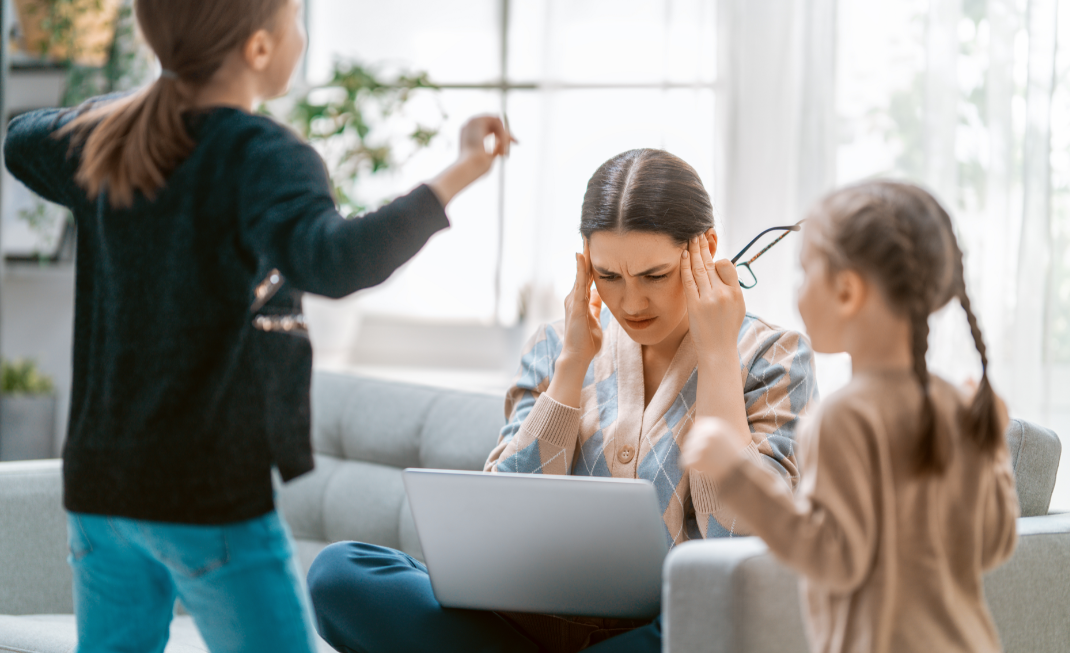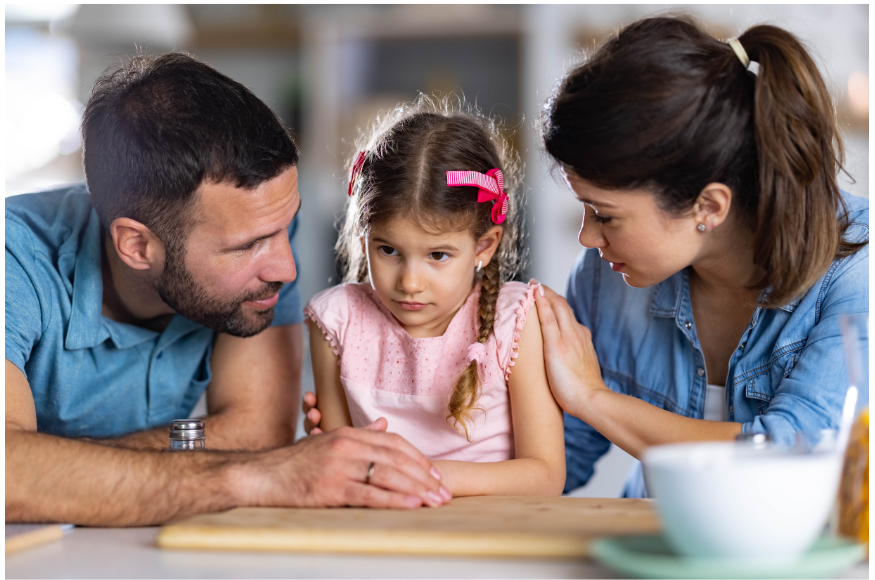Creating Connection
Strengthening the Quality of Your Relationships By Finding and Creating Connection
Why Connection Is Key to Strengthening Relationships
Think about all the different types of relationships you have in your life. You might have a romantic partner, kids or adult children, siblings, parents, friends or even pets in your life that you engage with every day. Now think about the last time you felt really connected to any one of them. When I say connected, I mean “feeling and experiencing a deep bond that’s formed between people when they feel seen and valued.” I’ve been reading a lot about relationships and connecting recently and have seen a concerning trend. Despite our unprecedented ability to communicate instantly with anyone around the globe, many of us feel more disconnected than ever. The good news is that meaningful connection isn’t just possible‚ it’s a skill we can strengthen with intention and practice.
Why Connection Matters
The importance of genuine human connection cannot be overstated. Our brains are literally wired for connection. It’s as essential to our wellbeing as food and water. When we feel deeply connected to others, our bodies release oxytocin, often called the “bonding hormone,” which reduces stress and anxiety while promoting trust and empathy. Research consistently shows that people with strong social connections live longer, experience better mental health, and demonstrate greater resilience in facing life’s challenges. Yet many of us struggle to create and maintain these vital connections.
If you’ve ever worked with our practice, you’ll hear myself and our clinicians talk to parents about how vital it is to prioritize connection with their kids. So often, we find ourselves focused on what our kids are doing or not doing, how they are succeeding or stumbling, and if they are where they’re supposed to be in relation to other kids their age. As parents, that’s a mental trap informed by anxiety and comparison, which doesn’t value your relationship with them. The more effort we as parents, put into connecting with our kids, the more likely they are to make healthy choices for themselves, use good judgement, have a higher sense of self-worth, and simply believe in themselves more.
What Stops Us From Connecting
In my practice, I frequently encounter people who want to connect but face common obstacles such as digital distractions creating a false sense of connection while preventing deeper engagement. Sometimes it’s a fear of vulnerability and rejection that keeps us from opening being vulnerable, or busy schedules that make quality time seem impossible. I see many assume too often that others aren’t interested in deeper connection. Overscheduling of our lives and activities often take priority over slowing down and connecting. The good news is that with intention and consistency, we can break through these barriers.
Now What
If you want to bring more connection into your own life and enhance your relationships with others, here are a few things you can do.
First, practice being present. Being truly present is perhaps the most powerful tool we have for building connection. Put away phones during conversations and meals, and make eye contact with one another more frequently. Actively listen to one another without planning your response or interrupting them. Finally, notice and respond to others’ emotional cues.
Next, establish regular practices that promote connection. Try to have weekly family dinners without distractions. Try scheduling morning check-ins with your partner. Get some regular one-on-one time with each child even if it’s 15 minutes. Something is better than nothing. Plan monthly friend dates or group activities.
Then, improve the quality of your conversations. Ask open-ended questions about feelings and experiences. Share your own vulnerabilities appropriately, keeping boundaries in mind with kids. Follow up on previous conversations to show you remember and care, and express genuine curiosity about others’ perspectives.
Finally, practice emotional awareness by identifying and naming your own emotions. Acknowledge others’ feelings without trying to fix them. Respond with empathy rand curiosity rather than judgment and get comfortable being uncomfortable emotionally.
When we prioritize connection, the benefits ripple through every aspect of our lives. Connection with others is about making better use of the time we have. Start small and choose one connection practice and commit to it for a week. Notice how it feels, what challenges arise, and what benefits you experience.
Remember that connection is a two-way street. As you practice these skills, you’ll likely find others responding in kind, creating a positive cycle of deeper engagement and understanding.
Megan
Related posts
Navigating Your Family Through Times of Transition and Change
Change is a natural part of life, but it can be especially challenging for families. Some people
Creating Family Resilience
If you’ve ever had a family session with me, you’re surely no stranger to the idea of “uncooke
Another Look at Parent Anxiety
I have a vivid memory, when my kids were small, of a winter day wrangling the two of them in the wai






